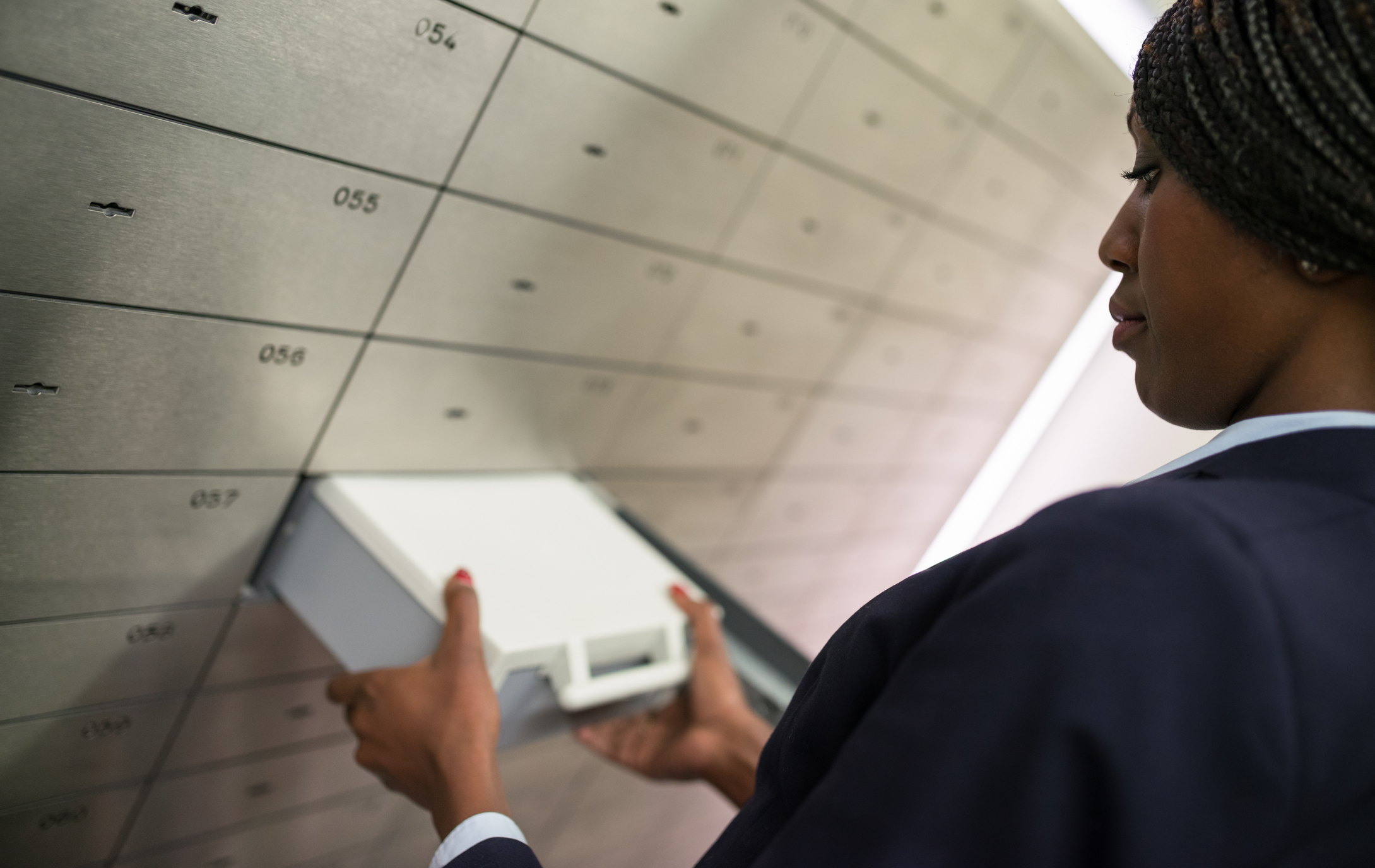
Profit and prosper with the best of Kiplinger's advice on investing, taxes, retirement, personal finance and much more. Delivered daily. Enter your email in the box and click Sign Me Up.
You are now subscribed
Your newsletter sign-up was successful
Want to add more newsletters?

Delivered daily
Kiplinger Today
Profit and prosper with the best of Kiplinger's advice on investing, taxes, retirement, personal finance and much more delivered daily. Smart money moves start here.

Sent five days a week
Kiplinger A Step Ahead
Get practical help to make better financial decisions in your everyday life, from spending to savings on top deals.

Delivered daily
Kiplinger Closing Bell
Get today's biggest financial and investing headlines delivered to your inbox every day the U.S. stock market is open.

Sent twice a week
Kiplinger Adviser Intel
Financial pros across the country share best practices and fresh tactics to preserve and grow your wealth.

Delivered weekly
Kiplinger Tax Tips
Trim your federal and state tax bills with practical tax-planning and tax-cutting strategies.

Sent twice a week
Kiplinger Retirement Tips
Your twice-a-week guide to planning and enjoying a financially secure and richly rewarding retirement

Sent bimonthly.
Kiplinger Adviser Angle
Insights for advisers, wealth managers and other financial professionals.

Sent twice a week
Kiplinger Investing Weekly
Your twice-a-week roundup of promising stocks, funds, companies and industries you should consider, ones you should avoid, and why.

Sent weekly for six weeks
Kiplinger Invest for Retirement
Your step-by-step six-part series on how to invest for retirement, from devising a successful strategy to exactly which investments to choose.
Since digital records and cloud storage are increasingly becoming the norm, those bank-building-based safe deposit boxes might seem quaint, dated and perhaps unneeded, even at the best bank for you.
Not so fast. Don’t rush to declare the safe deposit box a relic of the past just yet, though many banks are eliminating them (in some communities, private enterprise is stepping in). There likely will be times when you’ll need to be able to produce certain original documents (including ones that have a raised seal) rather than digital scans or photocopies. Plus, some valuables simply can’t be digitized.
A safe installed in your home is one alternative, but these devices aren't foolproof, said Luke Reynolds, chief of the Federal Deposit Insurance Corporation’s Outreach & Program Development Section. Home safes are more susceptible to fire and water damage, not to mention theft, than bank safe deposit boxes, Reynolds said.
On the other hand, access to your safe deposit box can be limited, more so during emergencies. For example, the coronavirus pandemic reduced operating hours for some bank branches, and limited access or required appointments for in-branch services, such as access to safe deposit boxes. Situations like that complicate your ability to retrieve important documents or items when you need them.
Also note that banks, and the safe deposit boxes within, aren't natural-disaster-proof. If they’re in the way of Florida and East Coast hurricanes, some of the most expensive natural disasters, or the wildfires and floods regularly seen in California and other parts of the West, they could fall victim like the other buildings washed away or burned to the ground. Safe deposit boxes aren’t fireproof or hurricane-proof.
Taking all that in, here's our best advice: Use a safe deposit box and a home safe. Hard-to-replace items that you might need frequently or in a hurry, such as your passport, are best kept in the home safe, while other important items you rarely need stay in the safe deposit box.
Here are 11 of the best things to keep in a safe deposit box at your bank, updated for 2024 (as opposed to things you'll regret keeping in a safe deposit box). This guidance should also help you determine the size of the safe deposit box you wish to rent — important legal documents may take up a lot of room.
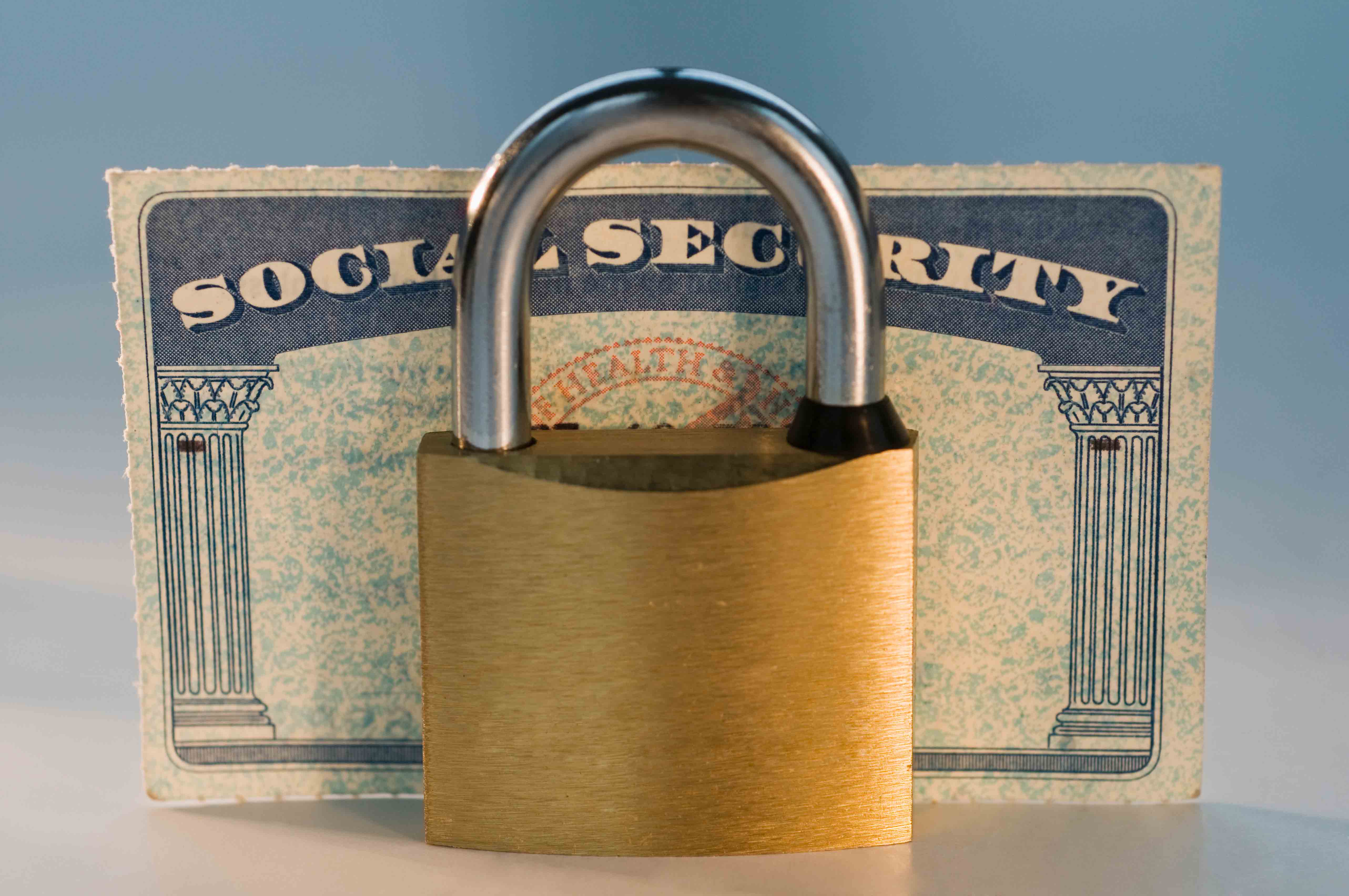
1. Social Security card
Should your Social Security number fall into the hands of an identity thief, years of headaches will follow as you are forced to file disputes, freeze accounts and check your credit reports for signs of financial fraud. It’s why we rank the Social Security card among the worst things to keep in your wallet in case it’s ever lost or stolen.
Stow your Social Security card in your safe deposit box. On the rare occasions when you actually might need to produce it, say, for a real estate closing, you can plan to retrieve the card. Then immediately return it to the bank vault. Meantime, memorize the number, if you haven’t already, for filling out routine paperwork.
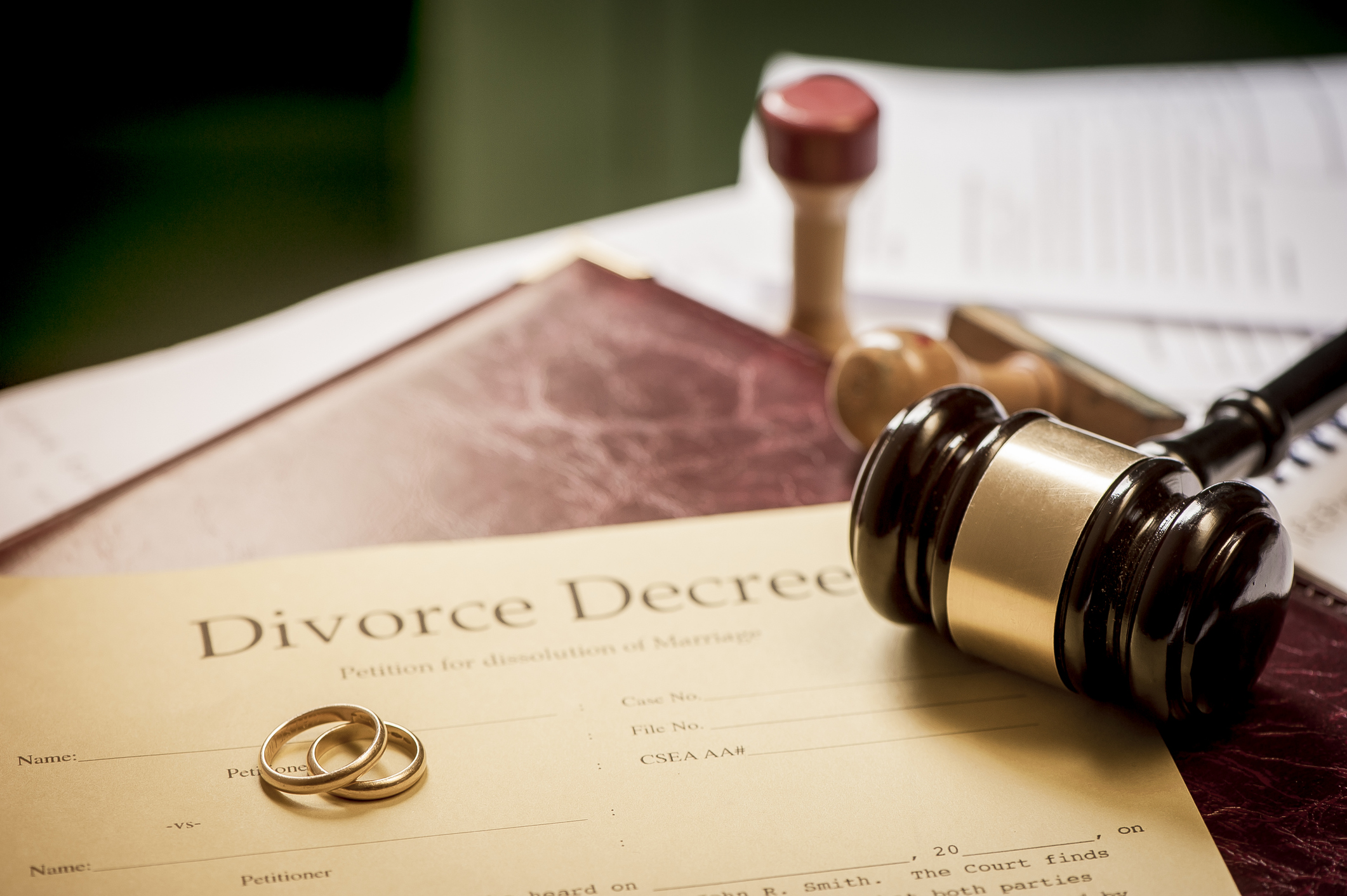
2. Birth, marriage, divorce and death certificates
Vital records that are rarely needed but a hassle to replace are prime candidates for your safe deposit box. These include birth certificates, death certificates, marriage certificates and divorce certificates. Ditto for adoption-related documents; in particular, birth certificates from an overseas adoption are extremely difficult to replace if lost or destroyed.
Government agencies typically can issue certified copies of vital records, but it’ll cost you time, money and a lot of frustration. You’ll also need to provide proof that you are entitled to copies. Virginia, for example, charges $12 per certified record (versus $16-29 depending on the type of record in California and $53 in New York), and it can take weeks to receive the document by mail. Expedited delivery through a third-party service called VitalChek is an option, but you'll pay a surcharge (it varies) per certified record, including service fee; add on the cost of what the state charges you as well as shipping fees.
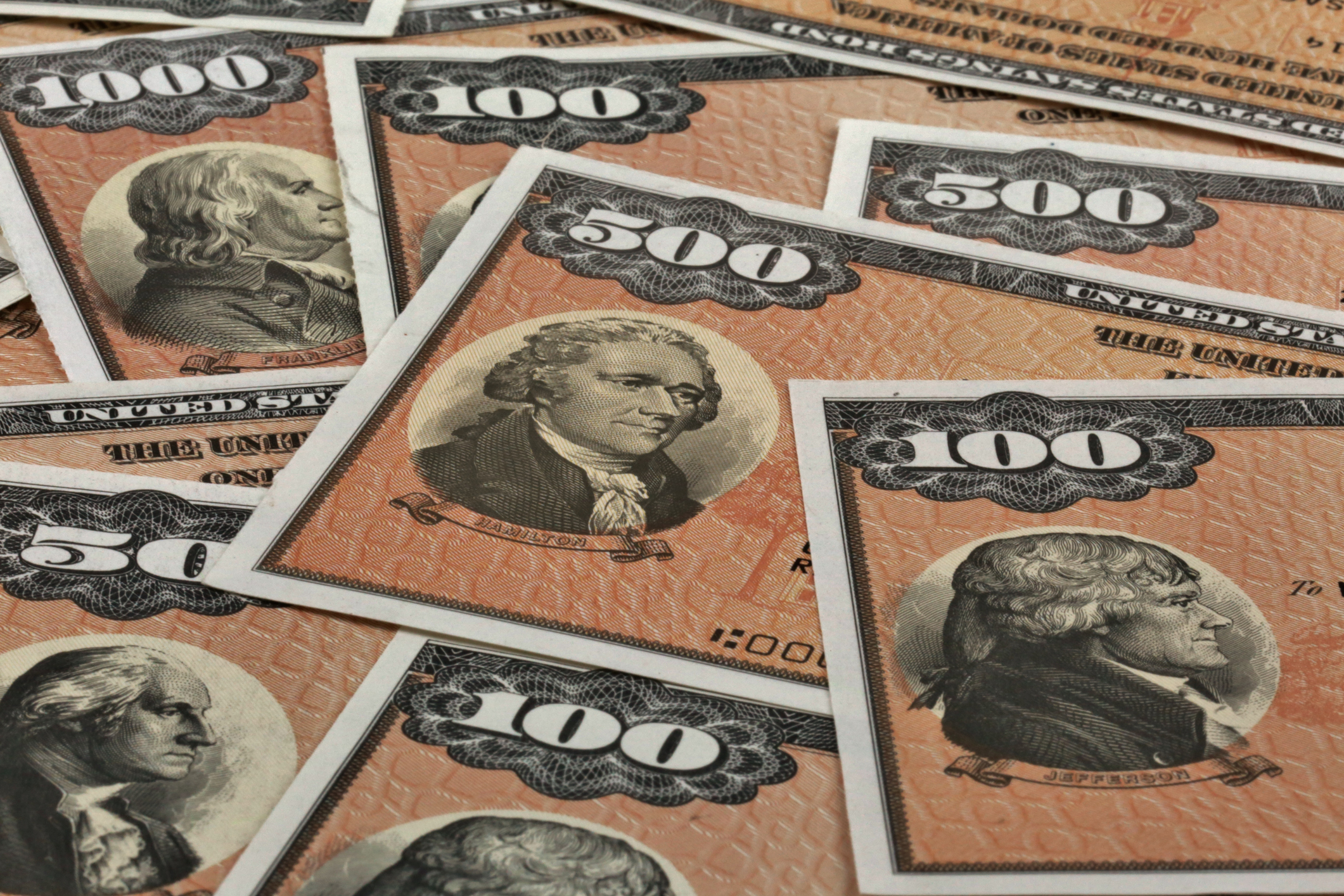
3. Paper stock and bond certificates
Stock and bond ownership bookkeeping and transactions is handled electronically these days, but there was a time in the not-too-long-ago when actual paper certificates were issued to investors. The New York Stock Exchange eliminated its requirement for physical certificates in 2001, and paper savings bonds haven’t been available from banks since 2011.
In a twist, however, you can use your federal tax refund to purchase paper Series I U.S. Savings Bonds directly from the U.S. Treasury in $50 increments. Include IRS Form 8888 with your tax return to request the paper savings bonds.
Some paper certificates, many of which are intricately engraved, and sometimes, works of art, are still floating around. If you have any of your own or receive any as an inheritance, secure them in your safe deposit box until you can determine the actual value. This is especially true if you don’t recognize the name of the corporation on the certificate. The security could be worth more than you think if the stock later split or the original corporation merged with a bigger company.
The Securities and Exchange Commission recommends contacting the transfer agent listed on the certificate for information. You can also try your broker or the relevant state agency that handles incorporations. Finally, even if you discover that the certificate has no investment value, it might be worth something as a collectible. Check out Scripophily.com.

4. Personal papers
Sentimental value counts as well when deciding which personal papers to stash in your safe deposit box. Items like diaries from your youth, cherished letters from friends and family members, drawings by your young children or the unpublished memoir of a long-dead relative can benefit from the protection of a safe deposit box. Yes, these personal papers can (and should) be scanned as a backup, but there’s no replacing the connection that comes with holding in your own hands something meaningful from your past.
Experts recommend using a safe deposit box for difficult-to-replace or irreplaceable documents.
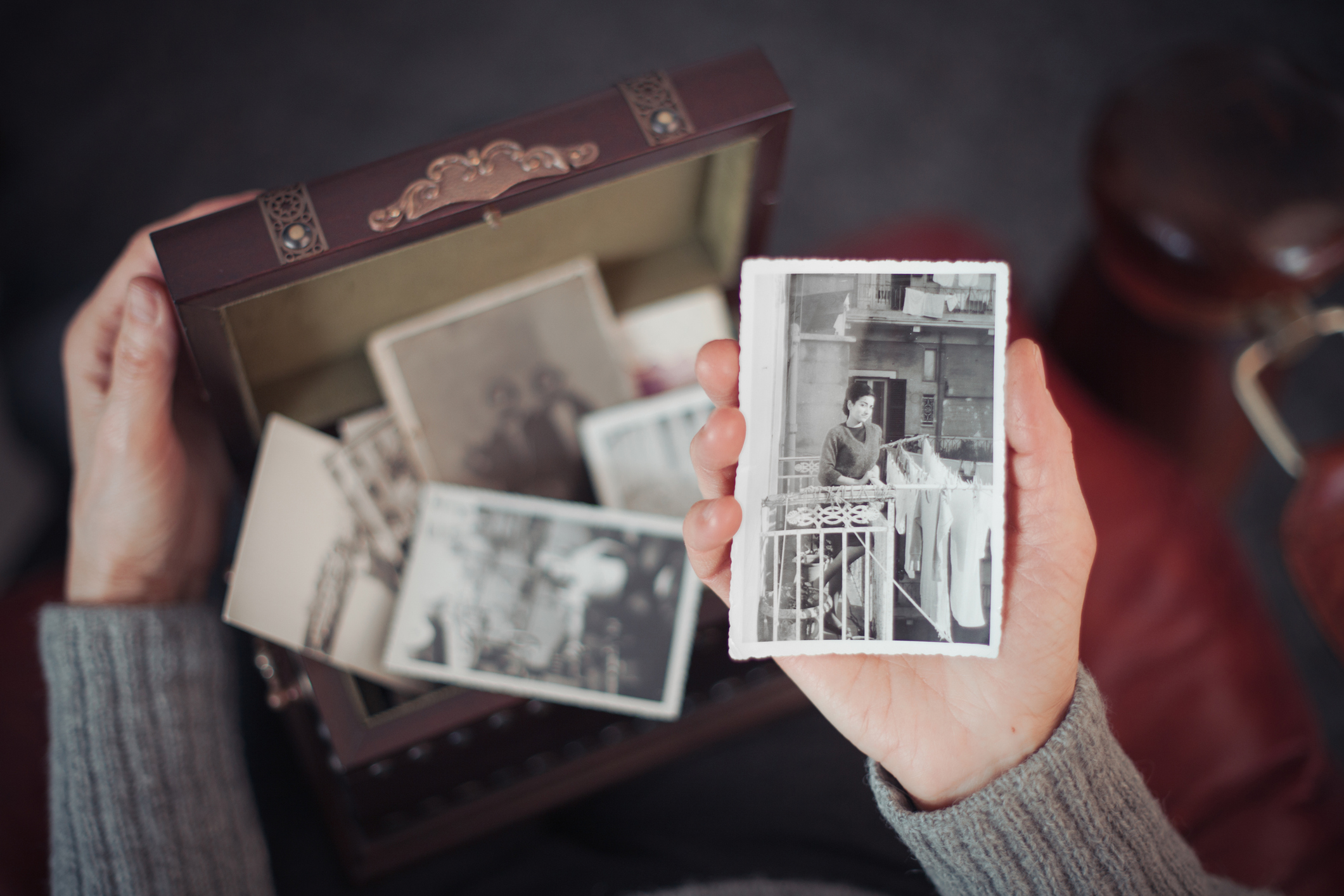
5. Family photos
Probably most of your recent photos are snug in the cloud, so your latest selfie is safe even if you lose your smartphone. But what about those precious old photos of, say, childhood vacations or relatives long gone? Much like personal papers, you’d be wise to store family photos with sentimental value in your safe deposit box, along with any negatives you may possess.
Don’t stop there. Scan the photos, copy the files onto a thumb drive, and store that drive in your safe deposit box, too. Another backup option: Upload the digital copies to the cloud-storage solution of your choice. One of the Amazon Prime Benefits, for instance, is unlimited digital photo storage. If you own an Apple device, you get 5 gigabytes of iCloud storage for free, with the option to purchase additional space.
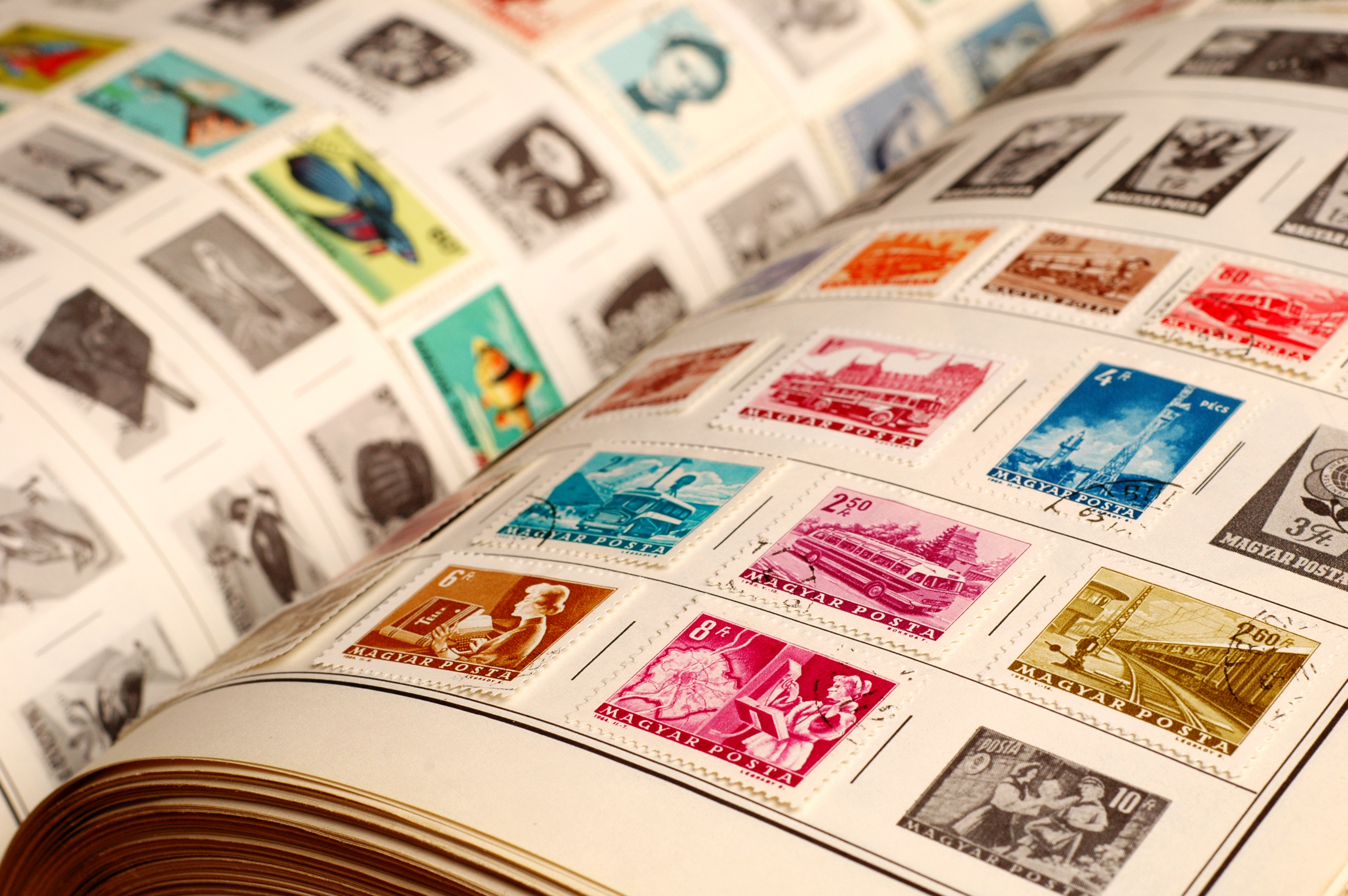
6. Collectibles
How often do you really look at the rare coins you collected in high school or that stamp collection your grandfather gave you as a child? Or how about your dad’s baseball cards including a signed Mickey Mantle? Probably infrequently.
Collectibles like these that are valuable and hard to replace are strong candidates for storage in a safe deposit box — but only if they’re insured. Remember: Neither your bank nor the FDIC insures your stored possessions, and the off-premises coverage provided by your homeowners insurance typically has very low limits for collectibles. One option? Contact your insurer to see if the coverage limits of your current policy can be raised.
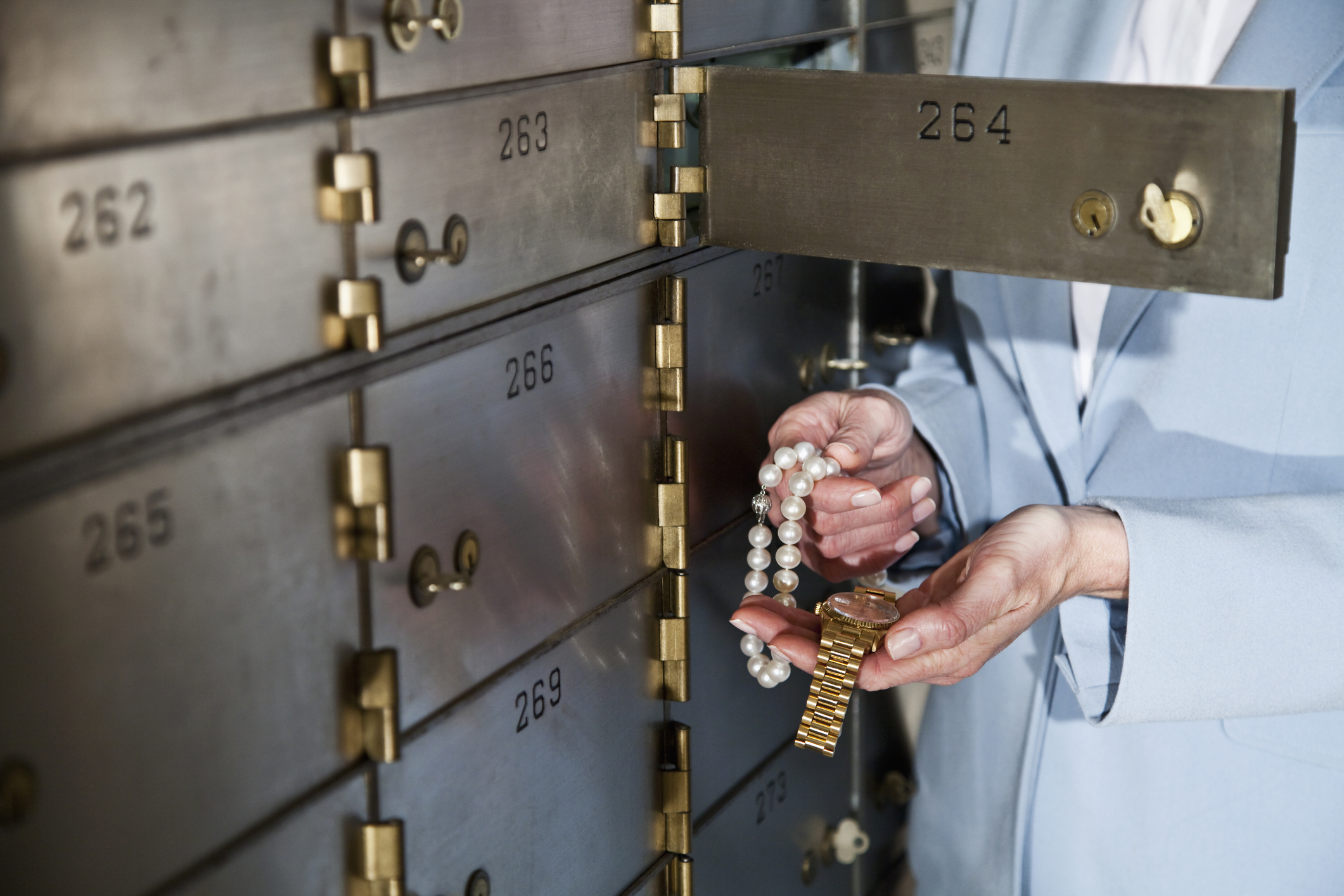
7. Jewelry
One more time: Your bank and the FDIC still aren't insuring the contents of your safe deposit box. And as with collectibles, the standard coverage offered by your homeowners policy for jewelry stored in a safe deposit box will be modest at best. Insurance experts recommend adding a personal articles floater to your insurance portfolio. This supplemental policy provides added coverage for specified valuables. You’ll likely need to get written appraisals of the value of each piece of jewelry for insurance purposes.
Jewelry you wear regularly doesn’t belong in a safe deposit box, which can only be accessed during a bank’s normal business hours. Keep everyday jewelry in a secure place at home such as a safe. But the pricey heirloom jewelry that perhaps you inherited but rarely wear should stay in your safe deposit box until a special occasion arises and you can pick it up, wear it for the big event, and put it back safely.
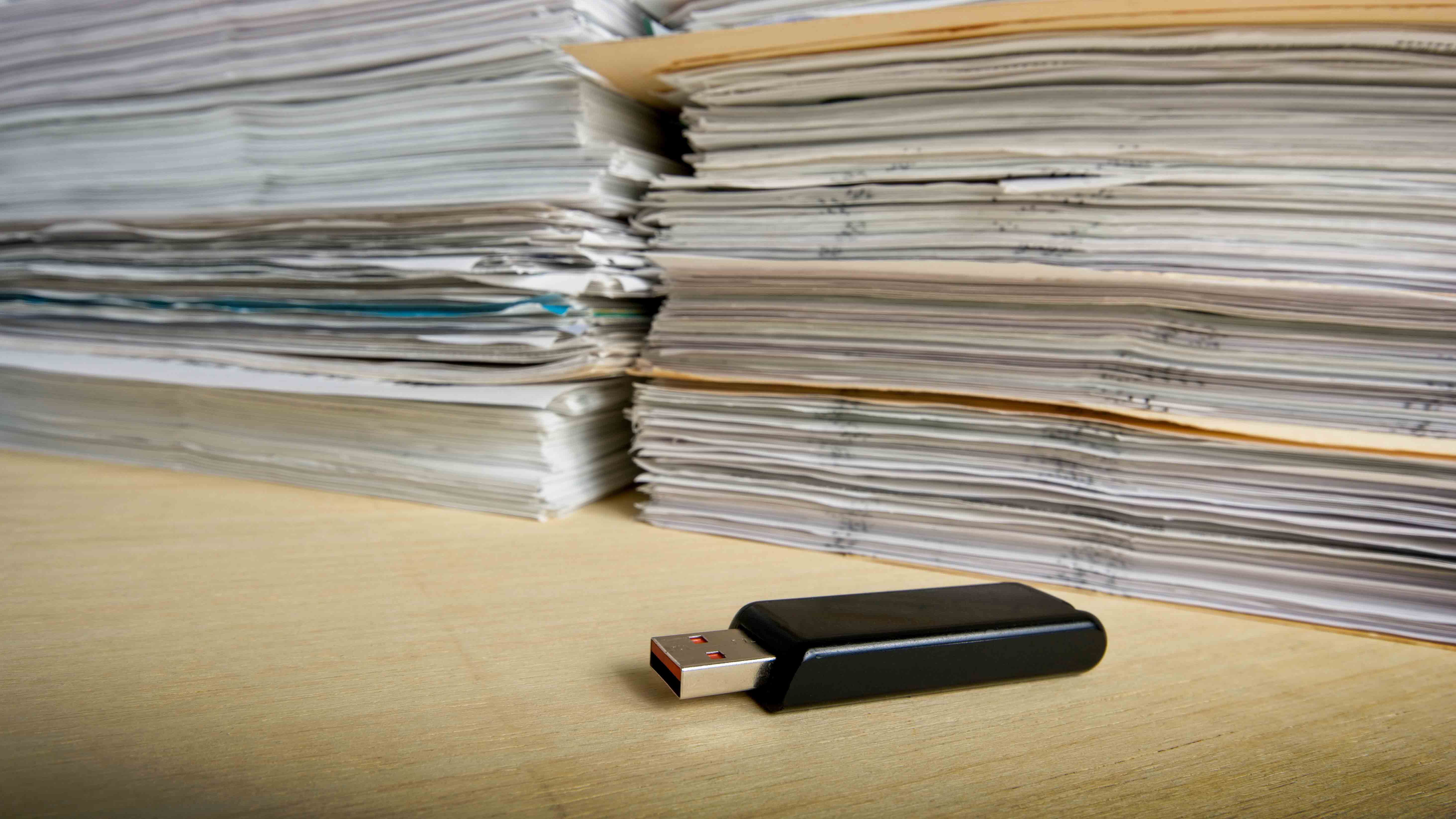
8. Insurance home inventory
Speaking of insurance, it’s a smart move to keep an inventory of all the belongings in your home safely tucked away in your safe deposit box. Should disaster ever strike, the home inventory will be invaluable when it comes to filing, say, hurricane insurance claims after a storm. And, of course, a home inventory kept at home won’t do you much good if the house burns down, floods or gets flattened by a tornado.
Another tip (and here's where a thumb drive comes in handy): Supplement your written inventory with visuals — the more detail the better. Include photos and videos. As the saying goes, “a picture is worth a thousand words.”

9. Property records
Anyone who's purchased real estate is familiar with the piles of paperwork that accompany the transaction. In general, it’s a good idea to keep these documents as long as you own the property and even beyond when you sell, though in truth you might never need any of them. But in the event you ever do, having the peace of mind that many years later you can track down a needed document in your safe deposit box is worth it.
Settlement documents including the closing statement detailing how much you paid for the property. Some of these costs are deductible on your tax return, and proof of the purchase price is essential when you sell and need to calculate taxes on your profit. The original property survey can come in handy if a dispute ever arises with a neighbor over property lines.
The deed showing property ownership is typically recorded by your local government and made available as a public record. If you can’t find a needed document related to a home purchase, try contacting your agent or the title company that handled the closing.

10. Car titles
A car or truck title is rarely needed and a pain to replace; in other words, it’s a document that’s perfectly suited to be stored in your safe deposit box. The only time you’re likely to retrieve it is when you’re ready to sell the vehicle and literally sign over the title to the buyer. The only other time is if you decide to take out a short-term title loan, though in our opinion there are better ways to get extra cash than putting your car up as collateral.
If you lose your car title you will have to visit your state’s department of motor vehicles (and that might require an appointment). There will be paperwork, a fee and perhaps a long wait time for your number to be called. If there are no liens and no changes to the title, you might be able to order a replacement copy online.

11. Records of home improvement costs
If you bought a home 20 years ago, what it’s worth today could be extraordinary, and when you sell your home, you don’t want to pay capital gains taxes. To cover that spread of what you paid for your house and its value today, it’s important you factor in all the home improvements you made over the years — new kitchen, turning the garage into a home office, building out your basement, getting a new garage door, etc. — and store those records in your safe deposit box. That means receipts, designs, tile samples perhaps, and a breakdown of all costs.
An example: Exclusions from the capital gains tax for home sellers are $250,000 for a single owner and $500,000 for a couple. Say that house you bought in 2002 for $200,000 sells for $800,000 in 2023, giving you a profit of $600,000. Back out the $500,000 exclusion and you’re on the hook to pay capital gains tax on that $100,000. To get that profit number down, factor in the cost of all those major home improvements you made over the 20 years.
And the proof of the cost of those improvements? It’s sitting in your safe deposit box if you need to show tax authorities.
Profit and prosper with the best of Kiplinger's advice on investing, taxes, retirement, personal finance and much more. Delivered daily. Enter your email in the box and click Sign Me Up.

Bob was Senior Editor at Kiplinger.com for seven years and is now a contributor to the website. He has more than 40 years of experience in online, print and visual journalism. Bob has worked as an award-winning writer and editor in the Washington, D.C., market as well as at news organizations in New York, Michigan and California. Bob joined Kiplinger in 2016, bringing a wealth of expertise covering retail, entertainment, and money-saving trends and topics. He was one of the first journalists at a daily news organization to aggressively cover retail as a specialty and has been lauded in the retail industry for his expertise. Bob has also been an adjunct and associate professor of print, online and visual journalism at Syracuse University and Ithaca College. He has a master’s degree from Syracuse University’s S.I. Newhouse School of Public Communications and a bachelor’s degree in communications and theater from Hope College.
-
 Over 65? Here's What the New $6K Senior Tax Deduction Means for Medicare IRMAA
Over 65? Here's What the New $6K Senior Tax Deduction Means for Medicare IRMAATax Breaks A new tax deduction for people over age 65 has some thinking about Medicare premiums and MAGI strategy.
-
 U.S. Congress to End Emergency Tax Bill Over $6,000 Senior Deduction and Tip, Overtime Tax Breaks in D.C.
U.S. Congress to End Emergency Tax Bill Over $6,000 Senior Deduction and Tip, Overtime Tax Breaks in D.C.Tax Law Here's how taxpayers can amend their already-filed income tax returns amid a potentially looming legal battle on Capitol Hill.
-
 5 Investing Rules You Can Steal From Millennials
5 Investing Rules You Can Steal From MillennialsMillennials are reshaping the investing landscape. See how the tech-savvy generation is approaching capital markets – and the strategies you can take from them.
-
 States That Tax Social Security Benefits in 2026
States That Tax Social Security Benefits in 2026Retirement Tax Not all retirees who live in states that tax Social Security benefits have to pay state income taxes. Will your benefits be taxed?
-
 What to Do With Your Tax Refund: 6 Ways to Bring Growth
What to Do With Your Tax Refund: 6 Ways to Bring GrowthUse your 2024 tax refund to boost short-term or long-term financial goals by putting it in one of these six places.
-
 What Does Medicare Not Cover? Eight Things You Should Know
What Does Medicare Not Cover? Eight Things You Should KnowMedicare Part A and Part B leave gaps in your healthcare coverage. But Medicare Advantage has problems, too.
-
 12 Great Places to Retire in the Midwest
12 Great Places to Retire in the MidwestPlaces to live Here are our retirement picks in the 12 midwestern states.
-
 15 Cheapest Small Towns to Live In
15 Cheapest Small Towns to Live InThe cheapest small towns might not be for everyone, but their charms can make them the best places to live for plenty of folks.
-
 15 Reasons You'll Regret an RV in Retirement
15 Reasons You'll Regret an RV in RetirementMaking Your Money Last Here's why you might regret an RV in retirement. RV-savvy retirees talk about the downsides of spending retirement in a motorhome, travel trailer, fifth wheel, or other recreational vehicle.
-
 The 24 Cheapest Places To Retire in the US
The 24 Cheapest Places To Retire in the USWhen you're trying to balance a fixed income with an enjoyable retirement, the cost of living is a crucial factor to consider. Is your city the best?
-
 The Six Best Places to Retire in New England
The Six Best Places to Retire in New Englandplaces to live Thinking about a move to New England for retirement? Here are the best places to land for quality of life, affordability and other criteria.

